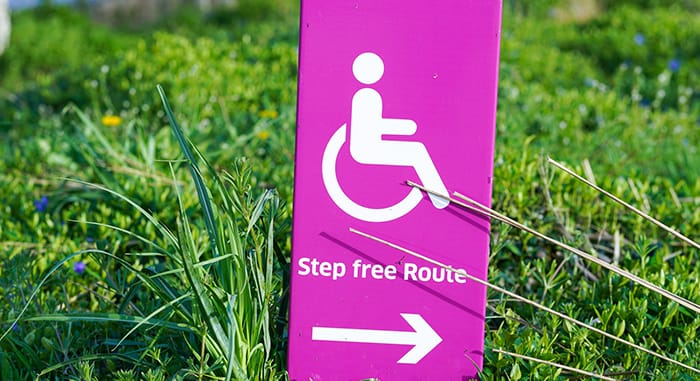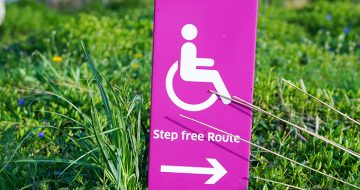Use of demeaning language and victimisation among issues flagged in new disability report

A significant proportion of disabled people in the legal profession have been subjected to disability-related ill-treatment, bullying or discrimination, new research published today has found.
The report, Legally Disabled? The career experiences of disabled people working in the legal profession, found that 60% of solicitors and paralegals questioned had experienced ill-treatment in the workplace. Of these, 80% believed it was related to disability.
Common experiences included “ridiculing or demeaning language” (40%) and “exclusion or victimisation” (47%), with over half of respondents (53%) classifying their experiences as “discrimination”. Worryingly, 37% of those questioned said they “never” reported ill-treatment.
Researchers also found that the “psycho-emotional” effects of bullying had seriously impacted on the mental wellbeing of some lawyers, resulting in many seeking psychiatric support and counselling. The associated stress further caused relapses in existing illnesses or precipitated new ones.
The report, published as part of the Disability Research on Independent Living and Learning (DRILL) programme, incorporates findings from 55 interviews and nearly 300 survey responses from legal professionals at all levels of the sector. The study was undertaken by a research team based at Cardiff Business School, working with the Lawyers with Disabilities Division of the Law Society.
In light of the findings, the report says a “zero tolerance policy” is needed to address ill-treatment and bullying of disabled people in the workplace (which is underpinned by a more developed understanding of the ill-treatment that disabled people often experience), as well as clearer disciplinary policies and reporting procedures.
The survey also looked at the career progression of disabled lawyers and paralegals, with over half of respondents (54%) reporting they felt their promotion prospects were “inferior” compared to their non-disabled colleagues. Sixty percent said inaccessible working environments limited their career opportunities, while 85% reported pain and fatigue associated with their disability that could be made worse by inflexible working arrangements and long hours.
Commenting on the findings, Rhian Davies from Disability Wales said:
“Employers must trust and listen to disabled people and exercise the same imagination that most disabled people employ in their everyday lives. They should support disability networks — both in their own organisation if it has several disabled employees — and across the profession. It is also clear that disabled law professionals need to see more people like themselves at the top of the profession.”
In 2018, the Legally Disabled? project published research that found many disabled wannabe lawyers were being blocked from entering the legal sector due to “poorly equipped” recruitment processes — particularly at interview stage.

